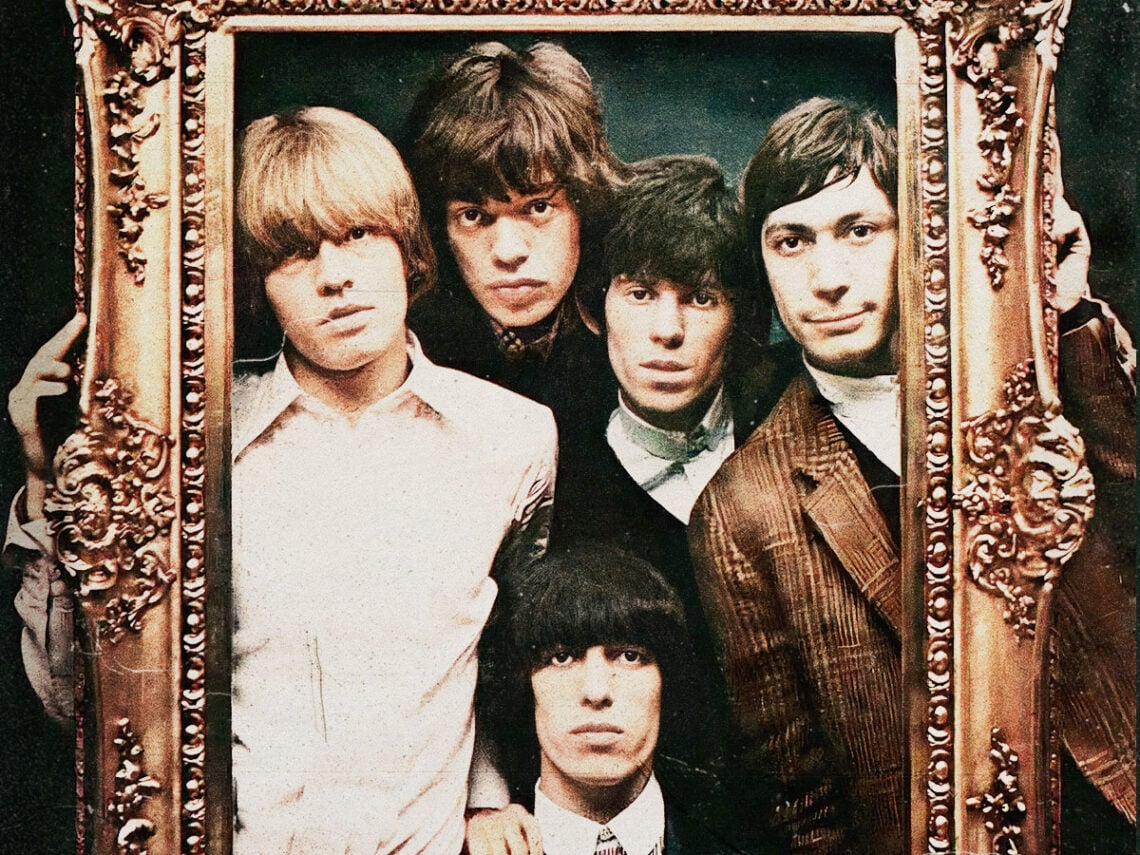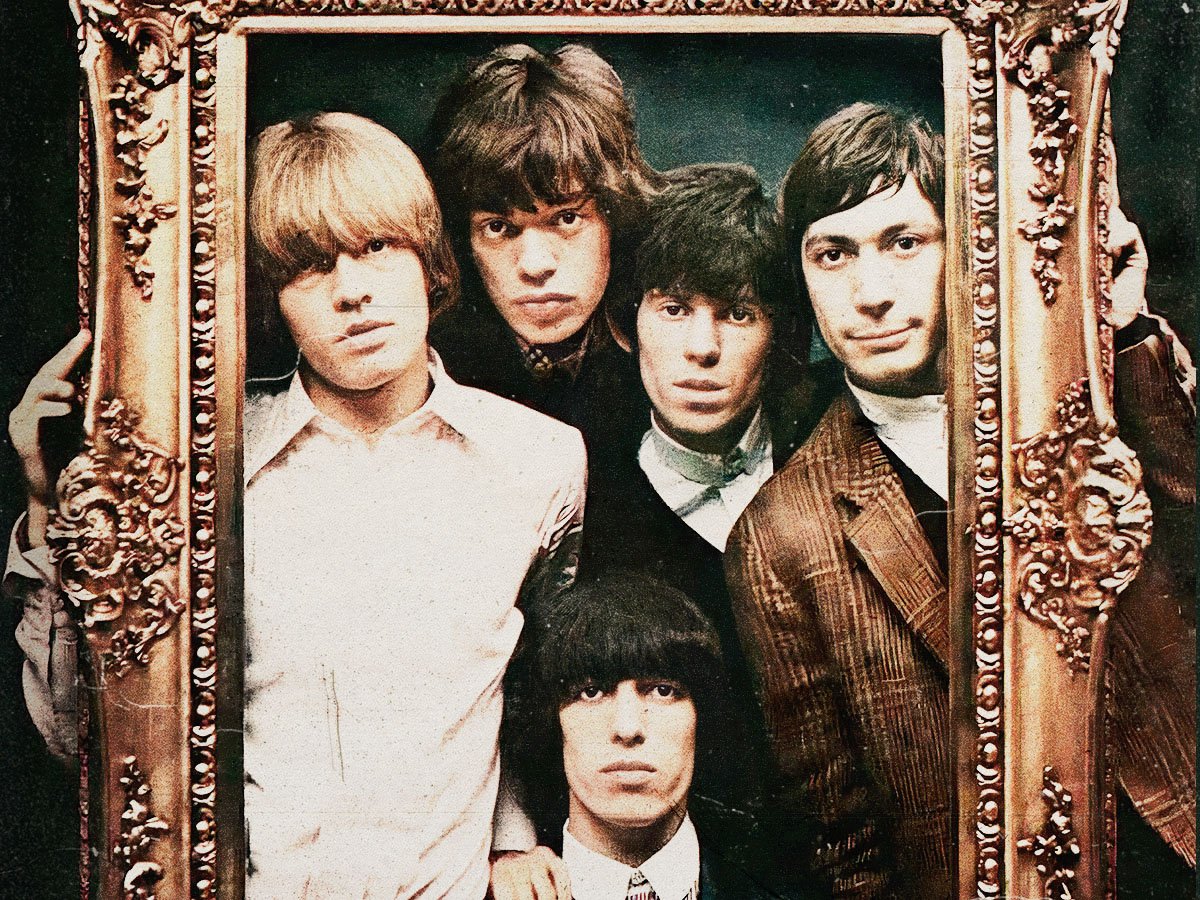
(Credits: Far Out / Bent Rej)
Tue 29 April 2025 23:00, UK
By 1965, the UK establishment knew a cultural youthquake had struck the nation. Beatlemania had conquered America and flashed an irreverence to authority and the class system unseen in popular music, the contraceptive pill had heralded a new dawn in sexual liberation, LSD‘s legal availability influenced the eye-popping fashionable takeover of London’s Carnaby Street, and the simple act of men outgrowing the hair became an act of defiance against the stuffy old order that represented the country’s post-war austerity.
Yet, it took The Rolling Stones’ mammoth hit and first US Billboard Hot 100 number one to attack the status quo with such subversive excoriation. Released in June as a stand-alone single—and included on the American version of Out of Our Heads—‘(I Can’t Get No) Satisfaction’ threw a grenade into a pop arena that had pushed the boundaries of hedonism and individual expression, but hadn’t quite savaged the commercial demands of the corporate world with such upending threat.
Aiming for the advertising world as much as flicking a sexually provocative lyrical Vs at the era’s buttoned-up elders, The Rolling Stones challenged the imposed insecurities on a population eager to keep them consuming.
Allegedly, its immortal riff was written while dreaming. Guitarist Keith Richards reports that during his sleep, he recorded around two minutes of acoustic strumming on his Philips cassette player before taping 40 minutes of snoring. Having the song’s basics fleshed out, frontman Mick Jagger jotted down the lyrics by the poolside in Florida’s Clearwater. Originally envisioned as featuring a horn section, Richards played out ‘Satisfaction’s main riff with a heavily sustained Maestro fuzzbox disruption pedal as a scratch track for the desired brass blasts. It sounded good, though, and with a band and management outvote, the riff was kept in as is.
While Richards’ god-given riff is eternally celebrated, the Jagger-Richards songbook doesn’t often enjoy the same plaudits as their contemporaries. The pair are fantastic writers, however, spiking their numbers with danger, rebellion, and at times a poetic romanticism that can go unacknowledged.
‘Satisfaction’ is grade-A ‘Glimmer Twin’ lyricism, subverting gender norms and encouraging ‘the kids’ to forge an identity and purpose well away from the pernicious bludgeoning of commercial vampirism: “When I’m watchin’ my TV / And a man comes on and tells me / How white my shirts can be / But he can’t be a man ’cause he doesn’t smoke / The same cigarettes as me”.
At its drop nearly 60 years ago, the allusions to sexual frustrations may have caused more immediate shock and horror, but as time passes, ‘Satisfaction’s rejection of the corporate world stings with greater prescience. It’s the same unacceptable sin to capital as it was all those years ago: “If the populace discovers self-worth and robust identity outside the social moulds we impose, when will they buy our products?!”
In an age of manufactured testosterone anxiety, joyless “grindset” videos, and a slew of interminably dull podcast bros, The Rolling Stones‘ contempt for the elite mouthpieces who think they can dictate what masculinity is will be undermined by ‘Satisfaction’s eternal riposte, forever encouraging young men to break free from commercial brainwashing and set a template of masculinity infinitely more interesting than the stiffs can ever dare to imagine.
Related Topics
Subscribe To The Far Out Newsletter
